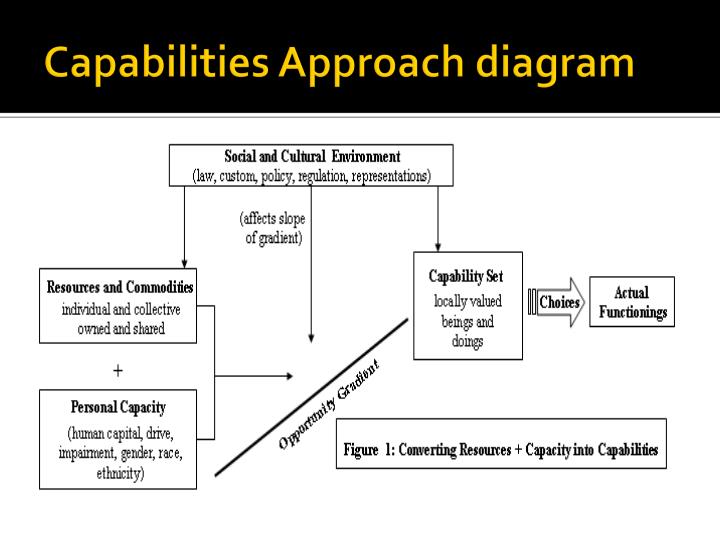[Revised entry by Peter Menzies and Helen Beebee on April 1, 2024.
Changes to: Main text, Bibliography]
The basic idea of counterfactual theories of causation is that the meaning of causal claims can be explained in terms of counterfactual conditionals of the form “If event c had not occurred, event e would not have occurred”. Such analyses became popular after the publication of David Lewis’s (1973b) theory and alongside the development in the 1970s of possible world semantics for counterfactuals. Intense discussion over forty years has cast doubt on the adequacy of any simple analysis of singular causation in…
Originally appeared on Stanford Encyclopedia of Philosophy Read More
Post Views: 131






